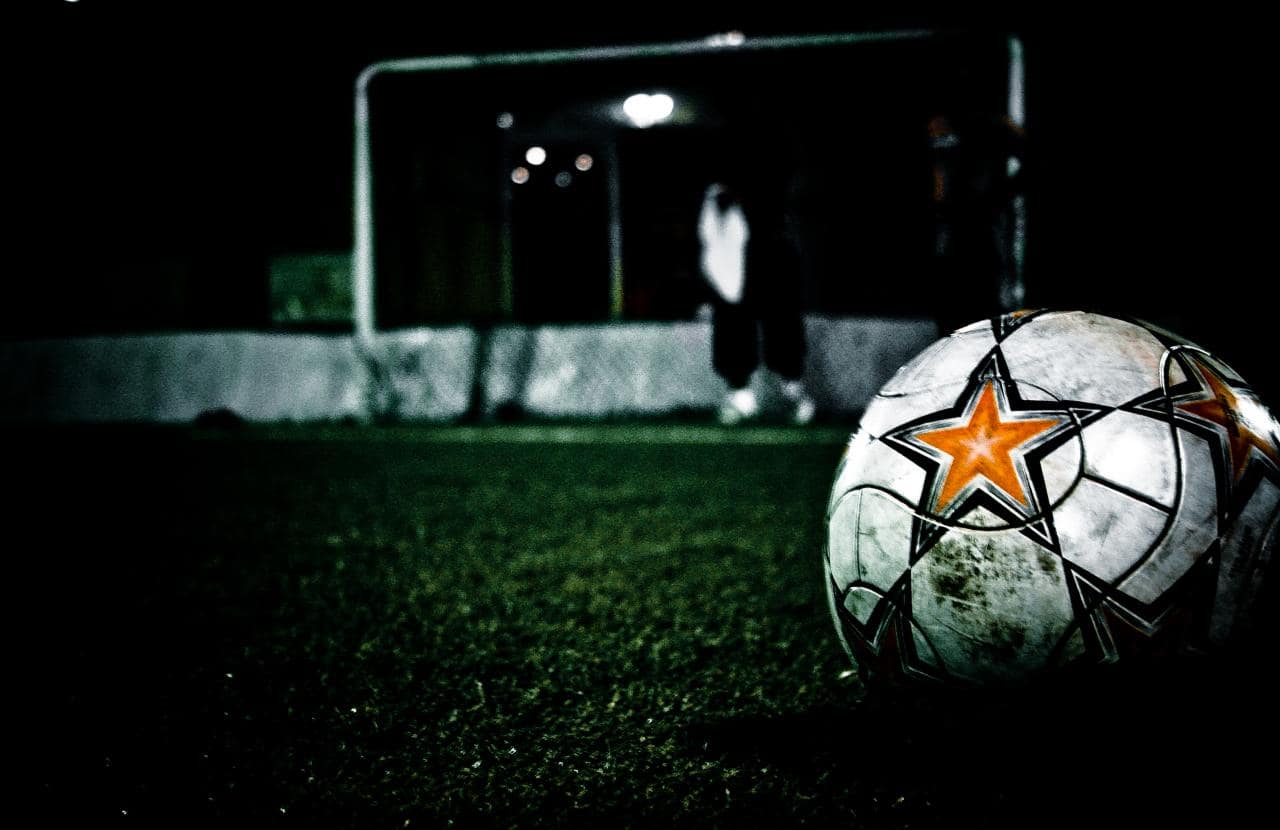Be immersed in a different culture, feel the vibe of an unfamiliar environment, and embrace diversity to gain new perspectives. Learn a new language, develop valuable career skills, and be independent to challenge yourself. Make new friends, have fun and be excited – break out of your academic routine! Learn about the exchange experiences of two RUG students.
As we approached the end of the first academic year at Mindwise, we reflected back on the aims and values of this project. From the very beginning, we were certain that Mindwise should be useful, relevant, and interesting to the students of the Psychology department. We wanted them to contribute to the posts on Mindwise […]
Should you expect an academic lecture or a movie when you take a seat in a theater of a local cinema in Groningen? Psychology students will have to stay alert; you never know what will happen.
Though disgust is a universal emotion, little is known about how it emerges. It is assumed that disgust primarily helps us avoid contaminants and diseases. However, disgust responses are not always adaptive. For example, people with a phobia may experience extremely high levels of disgust.
Thinking about how things could have turned out differently can be useful for people. When you think about how something could have gone better, you may learn from it. On the other hand, when you think about how it could have gone worse, you may feel better about yourself.
Negative attentional biases have been linked to depression. The “find the smiling face task” has been shown to reduce these dysfunctional attentional biases. To further validate the task, Thole Hoppen and two fellow students investigated whether the “find the smiling face task” changes attentional biases when people are in sad mood.
Is it possible to identify the sounds people pay attention to, based on brain signals? If so, this could have important implications for urban planning aimed at reducing the noise pollution in today’s cities.
Distressing mental images can severely disrupt a person’s daily life. A psychotherapeutic technique called Imagery Rescripting can reduce the impact of traumatic memories in individuals diagnosed with depression or post-traumatic stress disorder, and it may also work when people visualize a stressful future.
Soccer players often display aggressive behavior when they are frustrated during matches. This aggressive behavior could possibly be explained by a loss of competency that goes along with goal-related frustration. However, pro-social behavior could also possibly be a way to restore that competence.
People with eating problems seem to perceive their environment and themselves differently from people without eating problems. Their thoughts are constantly occupied with eating, body-shape and weight-related themes. Thus, getting through to them to treat their condition can be difficult.










